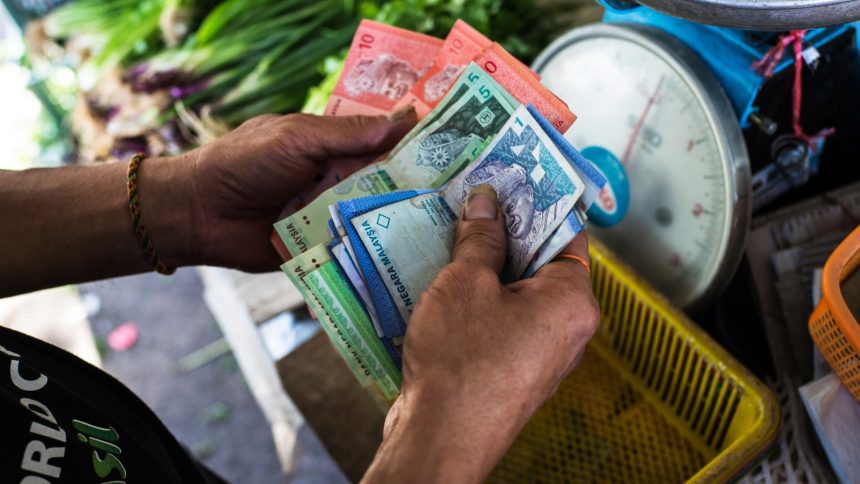Malaysia will not use monetary policy as a tool to shore up its currency, according to the central bank’s deputy governor.
Bank Negara’s Adnan Zaylani Mohamad Zahid said the country’s monetary policy decisions will be determined by economic growth and the inflation outlook.
“We won’t use interest rates as a tool to somewhat defend the ringgit,” even though interest rate differentials have been “a key driver for much of the performance that we have seen so far,” he told CNBC’s “Squawk Box Asia” on Tuesday.
The ringgit currently does not reflect Malaysia’s economic fundamentals and growth prospects, Bank Negara said in a statement last week.
“External factors, namely shifting expectations of major economies’ monetary policy paths and ongoing geopolitical tensions, have led to heightened volatility in both capital flows and exchange rates across the region, including the ringgit,” it added.
Like Malaysia, other Asian currencies such as the Japanese yen and Korean won have also been battered recently due to the continued strength of the U.S. dollar.
This has been fueled by expectations that the U.S. Federal Reserve could hold interest rates higher-for-longer as inflation remains sticky.
Adnan Zaylani said the central bank expects the U.S. interest rate cycle to turn at “some point in time,” which will then reflect on the “ringgit performance.”
The ringgit was last trading at 4.726 to the dollar on Tuesday.
Stabilizing measures
To preserve currency stability, Bank Negara has already taken a number of measures, the deputy governor told CNBC.
“We have continued our market operations — which is providing dollars and providing liquidity to the market as and when it’s needed,” he said.
The central bank has also been working with government-linked companies to repatriate “their foreign income and convert that into ringgit,” which has helped to stabilize the ringgit, Adnan Zaylani said.
“We’re also looking at how we can further bring in flows from corporates that have significant foreign currency balances abroad,” he added.
Malaysia’s central bank maintained its benchmark interest rate at 3% last week, choosing not to follow the recent rate hikes by other Southeast Asian countries like Indonesia.
At the current level, Bank Negara’s monetary policy stance isn’t “tight” and remains supportive of the economy, said Adnan Zaylani.
Malaysia’s economic growth remains “quite favorable” but “we do see potential for inflation to rise in this year,” he added.
Read the full article here




